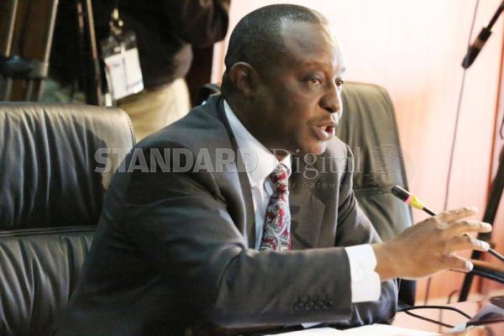
An investigation into what could turn out to be the biggest corruption scandal in the country's history is underway, targeting the custodians of the nation's purse in President Uhuru's administration.
Yesterday, the Director of Public Prosecutions (DPP) Keriako Tobiko gave investigators 10 days to file evidence, if any, of graft following claims by the Opposition that about Sh140 billion cannot be accounted for in the Eurobond saga. The optimism that swept the country last year after Kenya's success in raising capital from European and American investors has since degenerated into pessimism following graft claims on the spending of the Sh250 billion raised through the bond.